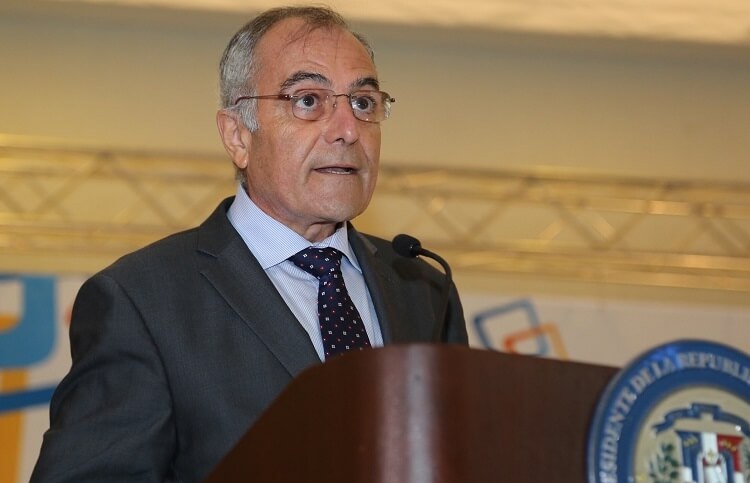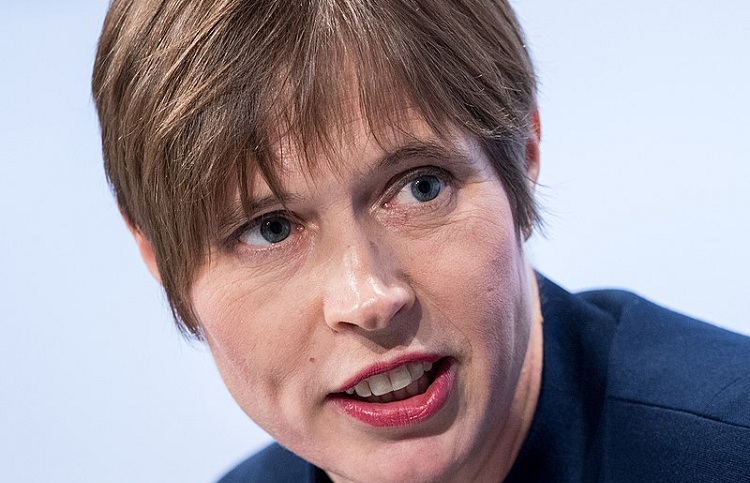The Diplomat
The Ministry of Foreign Affairs has chosen not to pronounce itself on the political controversy generated around the EU ambassador in Havana, the Spanish Alberto Navarro, a matter which, in the opinion of the Government, is the exclusive competence of the EU High Representative for Foreign Policy, Josep Borrell, and the European External Action Service (EEAS).
The PP delegation in the European Parliament, together with members of the EPP and some from other groups such as Renew and the ECR conservatives, have sent a letter to Borrell in which they ask for the dismissal of Alberto Navarro, whom they accuse of having positioned himself alongside the Cuban regime.
Specifically, the MEPs who signed the letter -among them Dolors Montserrat, Esteban González Pons, Antonio López-Istúriz and Leopoldo López Gil– referred to a letter that the ambassador recently sent to the new US president, Joe Biden, asking him to lift the embargo on Cuba, which, according to the signatories, “constitutes a serious fact in a totally unfortunate and erratic line of action on what should be the defense of our interests and values as a union of democratic and lawful states”.
They also accused Alberto Navarro of taking “political positions in line with a regime that neither respects nor defends Human Rights nor democratic plurality” and of allowing himself “licenses more typical of a political leader than of a diplomatic representative”. Subsequently, Navarro further complicated the controversy with an interview to journalist Camila Acosta, of the independent media CubaNet, in which he affirmed: “No, I do not consider Cuba to be a dictatorship. Of course not”.
For the time being, Borrell has already summoned Navarro to give explanations about the letter to Biden, “We have asked the ambassador to come to Brussels to give explanations to the high representative for Foreign and Security Policy”, a spokeswoman for the EEAS said earlier this week. “In the meantime, we have demanded that he detail the matter in a note”, she added, quoted by the agencies Efe and Europa Press.
In this regard, Foreign Ministry sources assured yesterday that the response to this issue is “clearly” up to Borrell and the European External Action Service and added that the relationship between the EU and Cuba is materialized through the Political Dialogue and Cooperation Agreement between the European Union and Cuba (PDCA), an approach that Spain “fully supports”. Therefore, the same sources affirmed that this controversial policy should be assessed “in the light of the EU’s official position, which is contrary to the U.S. embargo”.
Last Tuesday, a group of 25 left-wing MEPs -led by Manu Pineda, from Izquierda Unida- sent a letter to Borrell in which they supported the ambassador and affirmed that “Mr. Navarro’s request for the end of the blockade is in line with a position that the European Union has been advancing in recent years”.







